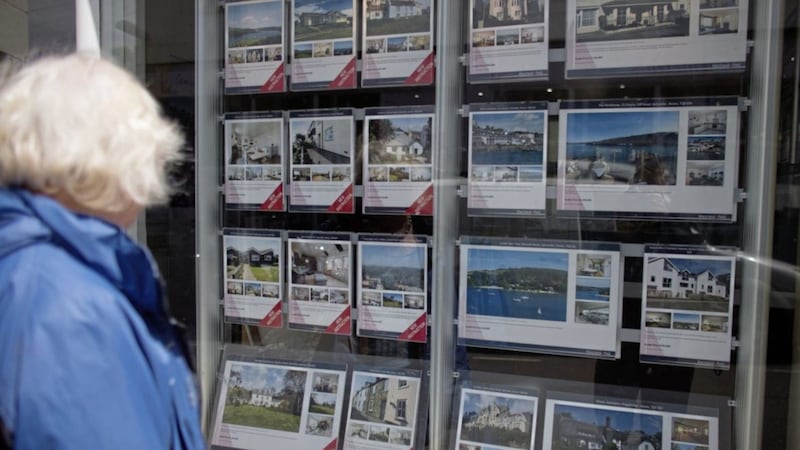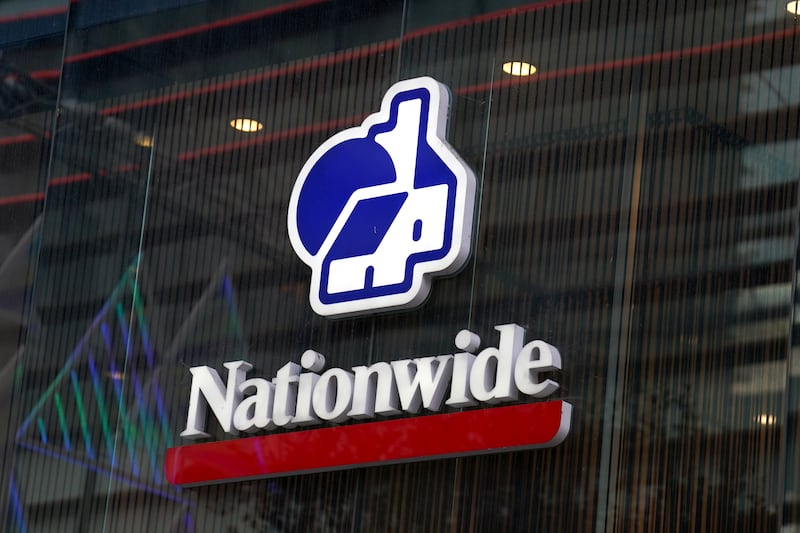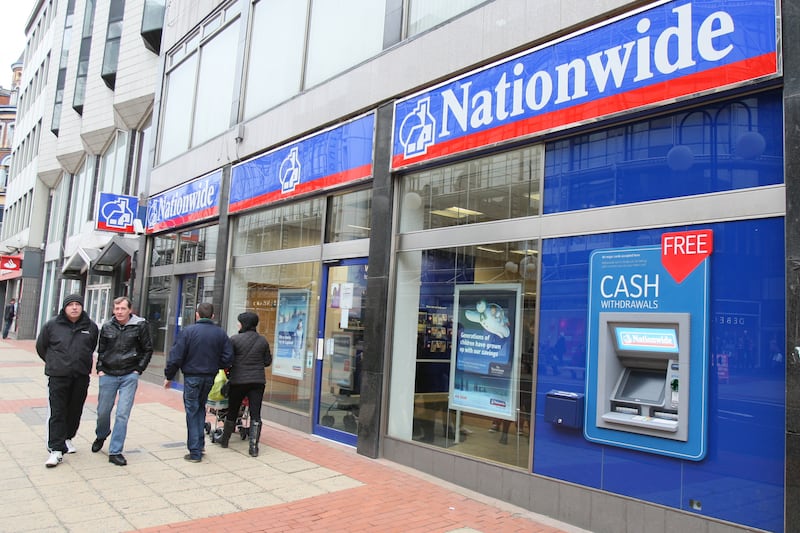ANNUAL house price growth picked up in October, according to an index.
Across the UK, year-on-year house price growth stood at 2.5 per cent, up from 2.3 per cent in September, Nationwide Building Society reported.
Property values edged up by 0.2 per cent month-on-month in October, taking the average house price to £211,085.
Robert Gardner, Nationwide's chief economist, said: "Annual house price growth remains within the 2-4 per cent range that has prevailing since March.
"Low mortgage rates and healthy rates of employment growth are providing some support for demand, but this is being partly offset by pressure on household incomes, which appears to be weighing on confidence.
"The lack of homes on the market is providing support to house prices."
Referring to speculation that the Bank of England base rate could possibly be about to rise back up to 0.5 per cent, from its current low of 0.25 per cent, Mr Gardner said: "The impact of a small rate rise on most UK households is likely to be modest.
"The proportion of borrowers directly impacted by a rate rise will be smaller than in the past, in part because the vast majority of new mortgages in recent years were extended on fixed interest rates."
He said the share of outstanding mortgages on variable rates, which are likely to see an increase in payments if the bank rate is increased, has fallen to around 40 per cent, down from a peak of around 70 per cent in 2001.
Mr Gardner continued: "Moreover, a 0.25 per cent increase in rates is likely to have a modest impact on most borrowers who are on variable rates. For example, on the average mortgage, an increase of 0.25 per cent would increase monthly payments by £15 to £665."
This would equate to a £180 per year increase.
Howard Archer, chief economic adviser at EY ITEM Club, said: "Housing market activity has picked up overall from the lows seen around mid-2017 but is still hardly buoyant."
He continued: "We see house prices being muted over the fourth quarter and then rising a modest 2-3 per cent in 2018."
Alex Gosling of online estate agents HouseSimple.com said the figures reflect a housing market "which feels flat and in need of a spark".
He said: "The market could really have done with an autumn bounce in activity, but it never materialised. Although supply did pick up in September and October, it wasn't anywhere near enough to refill the supply tanks, which have been running on near empty for a while.
"And demand is steady but there doesn't feel like much urgency amongst buyers at the moment. And a rate rise tomorrow, which seems a certainty, is going to just fuel more uncertainty in buyers' minds if they believe this could be the start of a prolonged series of rate rises.
"It's only November, but it feels like the housing market will limp its way through to the New Year now with buyers and sellers holding off on making a decision until 2018."






